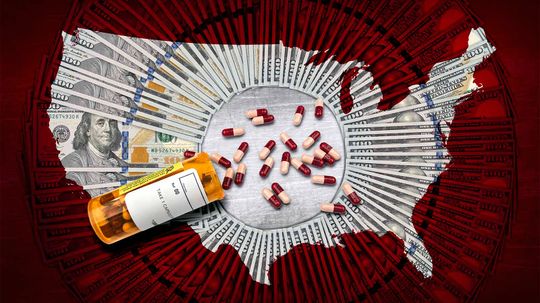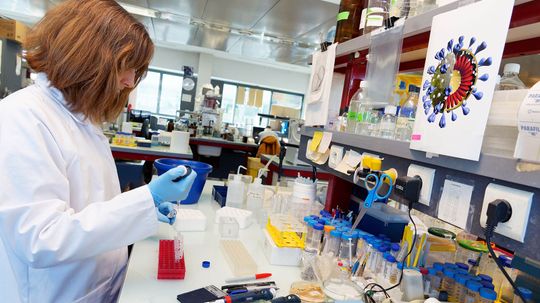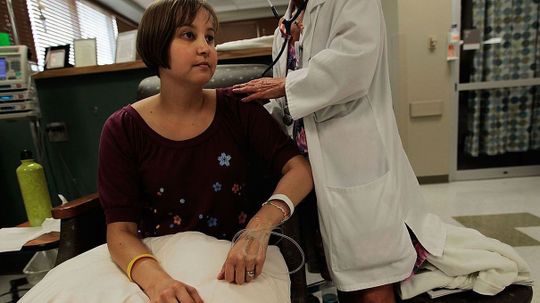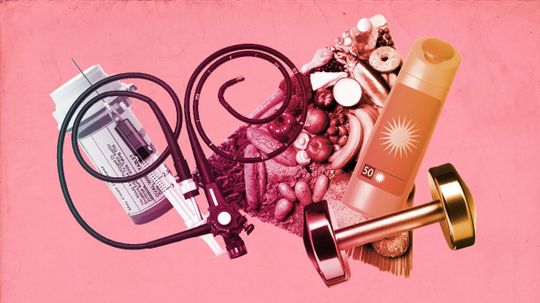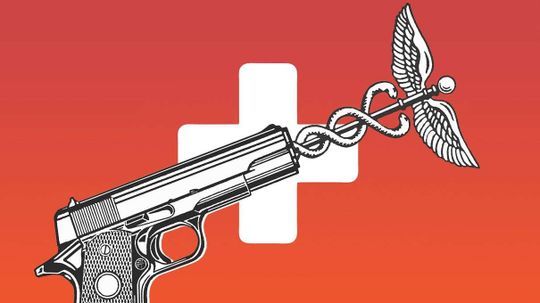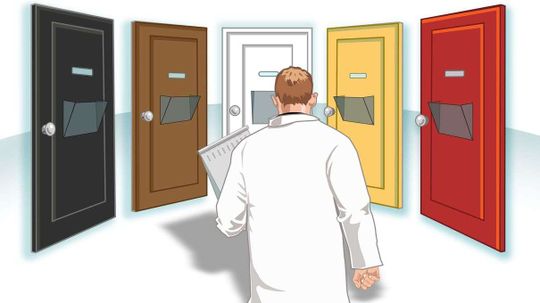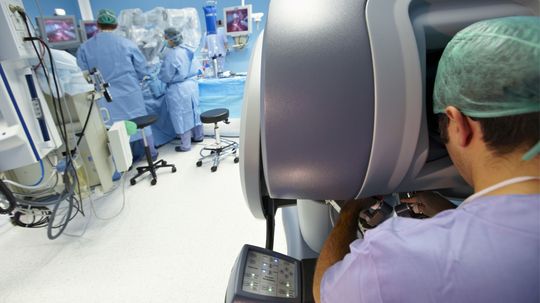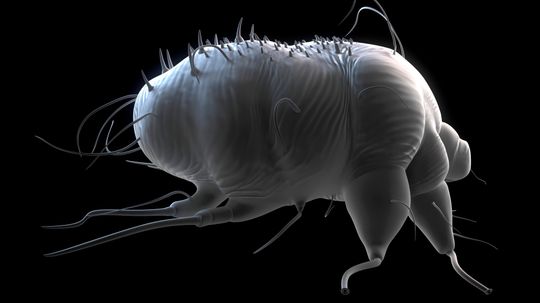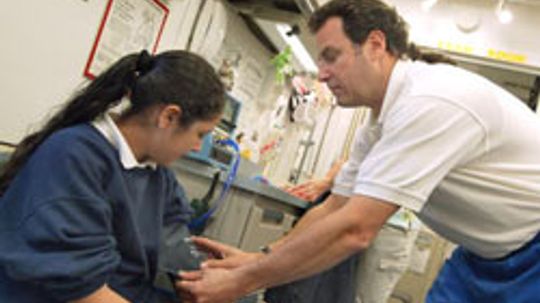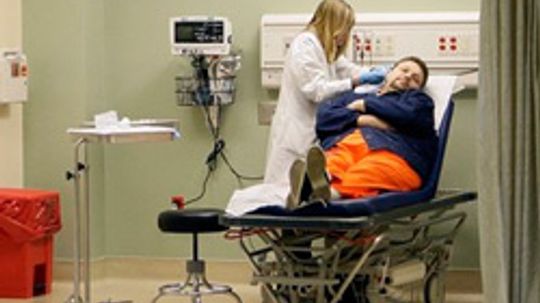Healthcare System
Taking care of your health involves choosing a doctor and understanding how to best get the care you need. This section will help you deal with these issues and provide some fun and shocking facts about the medical field.
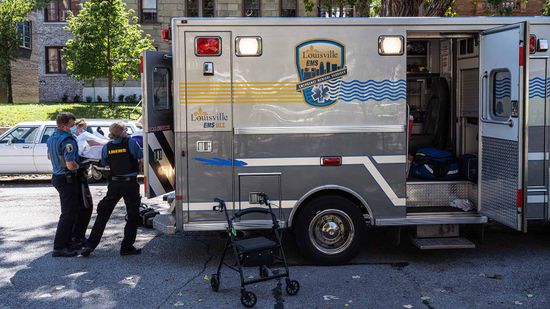
Is Your Hospital Diverting Ambulances Because of COVID-19?
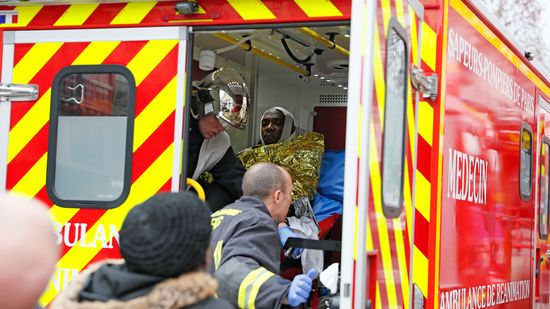
How Ambulances Work

Can You Go to the ER Without Health Insurance?

Womanikin: Overcoming the Stigma of Breasts and CPR

Women Less Likely to Receive CPR in Public, Study Finds

Should you use ice or heat to treat an injury?

Thalidomide: How a Miracle Medication Became a Global Tragedy
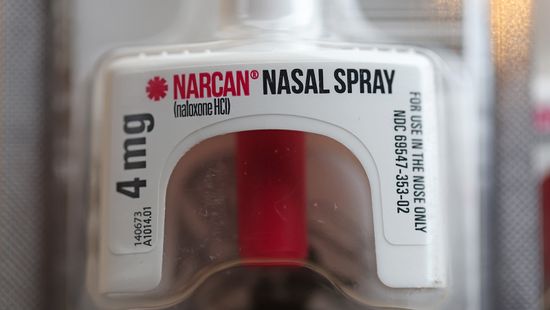
FDA Approves OTC Narcan Nasal Spray for Opioid Overdose
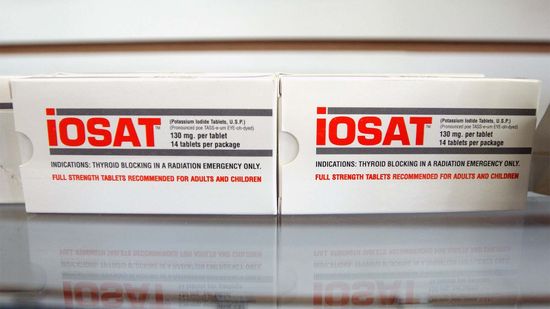
Why Are Potassium Iodide Pills Selling Like Crazy?
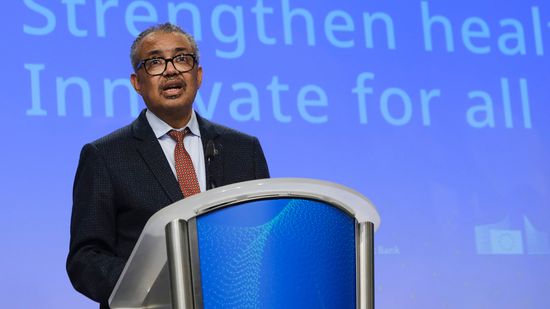
Who's the Most Powerful Doctor in the World? 5 Top Contenders

10 Types of Drugs Used for Medicinal (and Illicit) Purposes

15 Types of Doctors With Different Specialties

Anesthesia Awareness: When You're 'Awake and Aware' During Surgery

Prehab Could Make Your Recovery From Surgery a Bit Easier
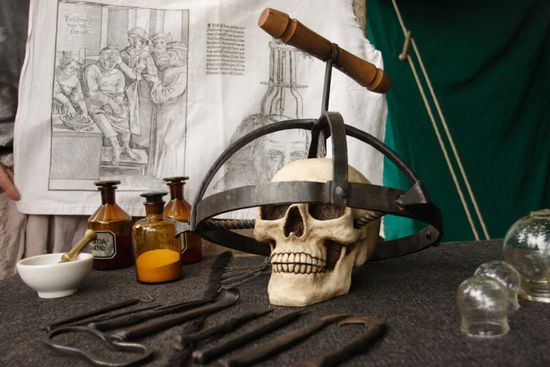
You Need It Like a Hole in the Head: The Ancient Medical Art of Trepanation
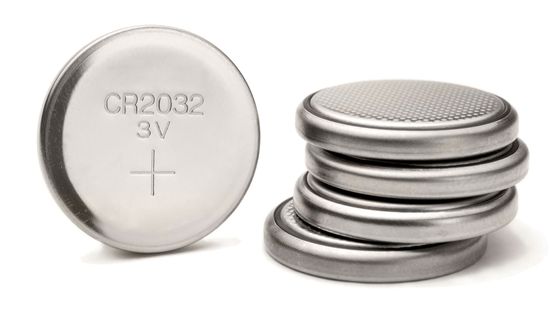
Honey Can Help If Your Child Swallows a Button Battery

What Is the Rarest Personality Type?
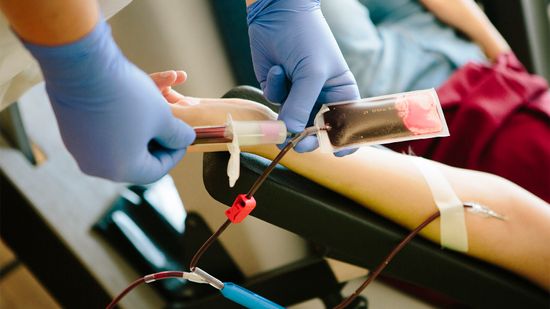
Veins, Needles, Yikes: What to Know Before Having Blood Drawn
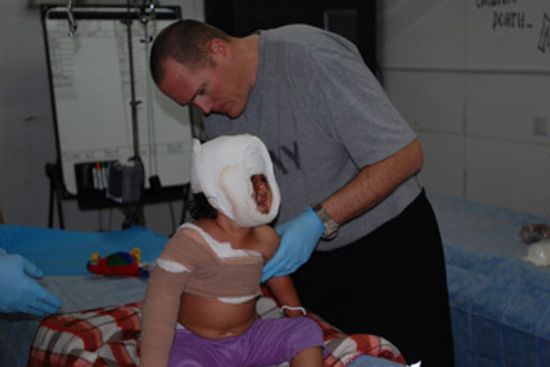
Are Army medics and doctors on the front lines?
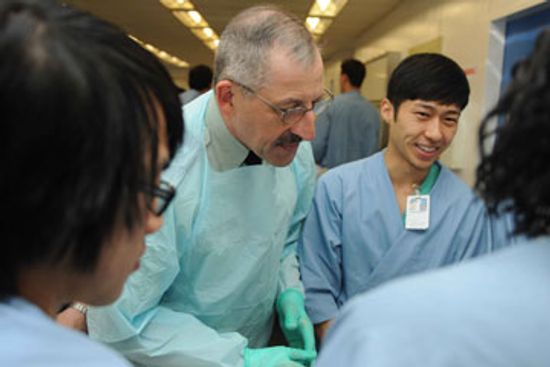
Can civilians become doctors in the U.S. Army?
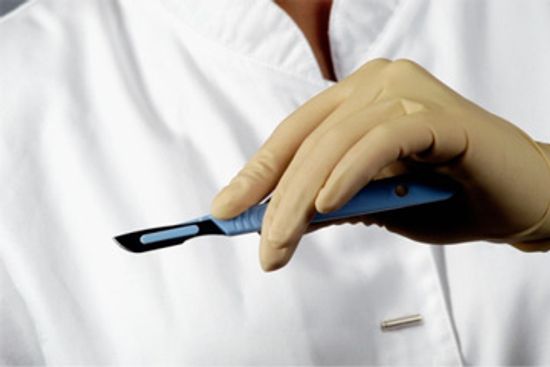
Do Army doctors and medics carry weapons?
Learn More
The billionaire business owner launched an online pharmacy in March with drug prices slashed. But is the model poised to disrupt America's prescription drug business?
By Dave Roos
Who do you call when there's a new disease outbreak? An epidemiologist. These disease detectives investigate the who, what, why, when and where of disease epidemics worldwide.
Doctors' waiting rooms often have signs that a fee will be charged for no-shows or late arrivals. So, should patients ask doctors for reimbursement when they have to wait a long time?
By Alia Hoyt
Advertisement
The intent of Right to Try is to make the process of obtaining last-ditch, potentially life-saving drugs easier for terminally ill patients by avoiding FDA strictures altogether.
By Carrie Tatro
A huge number of clinical trials - many of which are testing life-saving drugs - languish due to low participation levels. Why is that, and what can be done?
By Alia Hoyt
A series of papers showed that overuse and underuse of medical care is a global health crisis. Here's how to address it.
By Alia Hoyt
Although several states have proposed legal action banning the question, only Florida has actually passed a controversial law addressing the issue.
Advertisement
Docs are no different from the rest of us - they bring their unconscious biases into the workplace. But is there a way to lessen the impact of these biases on patients?
By Alia Hoyt
Family medicine isn't just for kids and their parents. The idea is that a physician sticks with you from birth to death, treating your whole body throughout your whole life. And it's changing with the times.
Working in health care is inherently stressful, but some jobs have higher rates of worker burnout than others. Would you rather provide nursing care or work in a hospital billing department?
With Americans living longer, a wealth of new, innovative jobs in the health care field will be coming online. Some are already in play. Anyone want to be a medical roboticist or genetic counselor?
Advertisement
When you pack a lot of people with infections into one place, sometimes even more occur. Here are 10 that are keeping hospitals really busy.
These 10 hospitals have the best doctors and facilities in the United States. See what makes Johns Hopkins, Mayo Clinic and others the best hospitals
By Mara Betsch
As professions go, nursing is pretty new -- and in the mid-19th century, anyone who served as a caregiver could be considered a nurse. But today, training and certification helps set the different types apart.
Whether in the hospital or a variety of other health care settings, nurses are at the frontlines to ensure that patient needs are being met.
Advertisement
Nurses perform critical duties under high pressure as part of a day's work. What parts of a job with lives on the line can be called the most challenging?
Nursing is a valuable and vital profession, but it's not for the faint of heart. And once you put aside the TV stereotypes, you'll find there's a lot more to the field than just wearing white.
Before the end of the 19th century, most nurses didn't have any formal training. It wasn't until the extraordinary women and men on our list pioneered a path for nurses from bedpan to bachelor's degree that the seeds of modern nursing were born.
Turn on a TV crime drama or read the headlines to the biggest stories in the nation, and you'll get an idea of why medical examiners are not only important in society, but also pretty cool to boot. So, what are some of the perks of the job?
By Tom Scheve
Advertisement
Being a prison doctor seems like a dangerous job, but most inmates respect doctors because they're glad to get medical care they couldn't access on the outside. So what do doctors think about working in prisons? Are they safe and fulfilling places to work?
Pharmacy compounding is an established tradition which allows a physician to prescribe a very specific medication, prepared by a pharmacist, for a patient's individual needs. Learn about the work of a compounding pharmacist.
Talking with a pediatrician isn't always easy, especially if you're worried about your child's health. How can you prepare to make the most of your time with the doctor?
By Jane McGrath
You just got a new job. You go in on your first day, get your ID badge and fill out all of your paperwork. You start work immediately, but your insurance doesn't start working for you for another 30 days. Why do you have to wait?
Advertisement
Doctors use slang terms to save time during their day to day operations. You'll find that some of the terms are quite humorous because of the way they describe the ailment. Find out what physicians are really saying when they use medical slang.
Dentists treat diseases, disorders, and malformations of the teeth, mouth, and jaws. In addition to providing routine dental care, dentists may specialize in such areas as orthodontia and periodontia. Learn more about what dentists do.
